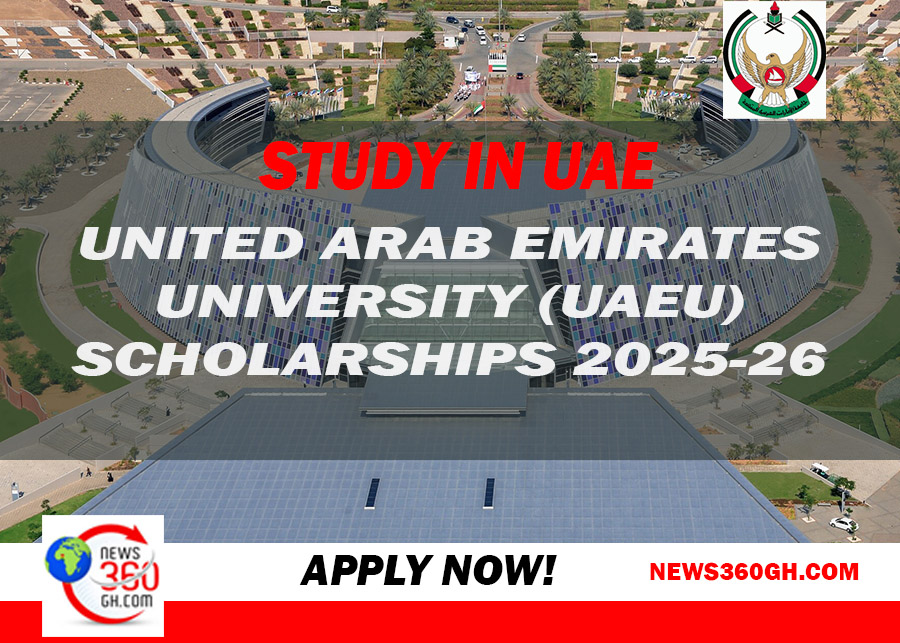
The Minority in Parliament has called on President Akufo-Addo to immediately withdraw a proposed regulation that aims to restrict the importation of various products, including rice, fruit juice, margarine, cement, fish, sugar, and 16 other “strategic products.” The Trade Minister, Kobina Tahir Hammond, is championing this regulation with the hope that it will contribute to the appreciation of the cedi and support the growth of local industries.
Under the proposed regulation, individuals seeking to import the specified products would need permission from the Trade Minister. The Minority Leader, addressing journalists on November 22, criticized the policy as a detrimental one that should be withdrawn promptly. He urged the President to reconsider, stating that such a policy violates World Trade Organisation (WTO) practices.
The Minority Leader cited a previous committee, the Justice Ollennu Committee, established in 1967 to identify corruption and malpractices related to import licenses. He argued that the committee’s report deemed such practices outdated and unacceptable due to their tendency to facilitate rent-seeking behavior.
The Minority Leader contended that restricting imports could lead to inflation, worsening the economic burden on Ghanaians. He expressed concern about the lack of ready substitutes for the restricted goods, emphasizing that the government cannot restrict imports without ensuring domestic production alternatives.
He accused the government of creating opportunities for its financiers, alleging that the move aims to benefit specific businesses tied to the government. Additionally, he expressed worry that traders might face challenges obtaining import licenses unless they have affiliations with the ruling New Patriotic Party.
The list of 22 items considered for import restrictions includes rice, animal parts (guts, bladders, and stomach), poultry, oils, ceramics, paper products, mosquito coils, soaps, motor cars, iron and steel, polymers, fish, sugar, clothing, and canned tomatoes.
The Minority’s main contentions revolve around the perceived negative economic consequences, the violation of WTO practices, and the potential for favoritism in the issuance of import licenses.







